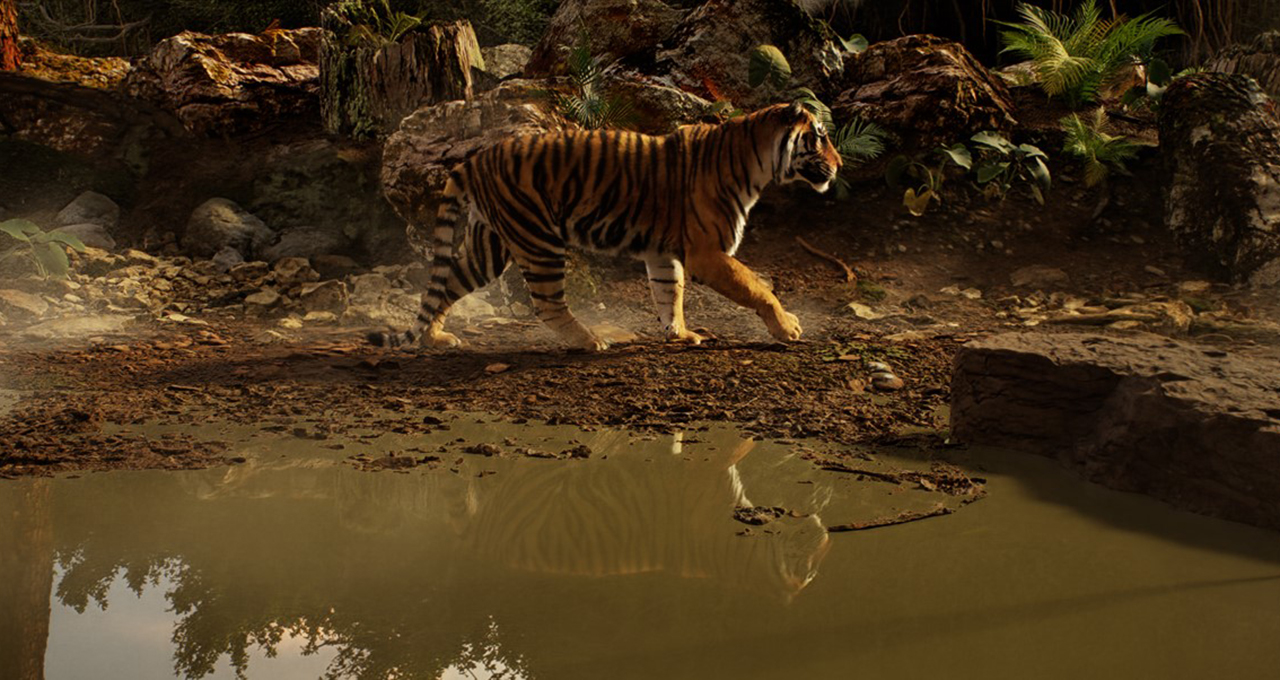Fewer than 4,000 tigers remain worldwide, according to Tigers United, a university consortium that recently began using AI to help save the species.
Jeremy Dertien is a conservation biologist with Tigers United and a Ph.D. candidate in wildlife biology and conservation planning at Clemson University.
He spoke with NVIDIA AI Podcast host Noah Kravitz about a project deploying AI-equipped cameras to monitor poaching in central India, where more than 70 percent of the remaining tiger populations reside.
Key Points From This Episode:
- Tigers are endangered due to a devastating combination of poaching, habitat loss and environmental pressures placed on their prey.
- Tigers United has deployed AI-based cameras that scan scenes of wildlife imagery and identify clips containing species of interest in real time. This is useful when analyzing hundreds of thousands of hours of forest footage to study and prevent instances of poaching.
Tweetables:
“These camera systems … completely change the game when it comes to stopping poachers or conflict.” — Jeremy Dertien [5:33]
“Each tiger has a unique stripe pattern, and [AI can help] individually identify each one.” — Jeremy Dertien [23:08]
You Might Also Like:
Wild Things: NVIDIA’s Sifei Liu Talks 3D Reconstructions of Endangered Species
Endangered species can be challenging to study, as they are elusive and the very act of observing them can disrupt their lives. Now, scientists can take a closer look at endangered species by studying AI-generated 3D representations of them.
Metaspectral’s Migel Tissera on AI-Based Data Management
Moondust, minerals and soil types are just some of the materials that can be quickly identified and analyzed with AI, based on their images. Migel Tissera is co-founder and CTO of Metaspectral, a Vancouver-based startup that provides an AI-based data management and analysis platform for ultra-high-resolution images.
Researchers Chris Downum and Leszek Pawlowicz Use Deep Learning to Accelerate Archaeology
Researchers in the Department of Anthropology at Northern Arizona University are using GPU-based deep learning algorithms to categorize sherds — tiny fragments of ancient pottery.
Subscribe to the AI Podcast
Get the AI Podcast through iTunes, Google Podcasts, Google Play, Castbox, DoggCatcher, Overcast, PlayerFM, Pocket Casts, Podbay, PodBean, PodCruncher, PodKicker, Soundcloud, Spotify, Stitcher and TuneIn. If your favorite isn’t listed here, drop us a note.
Make the AI Podcast Better
Have a few minutes to spare? Fill out this listener survey. Your answers will help us make a better podcast.



